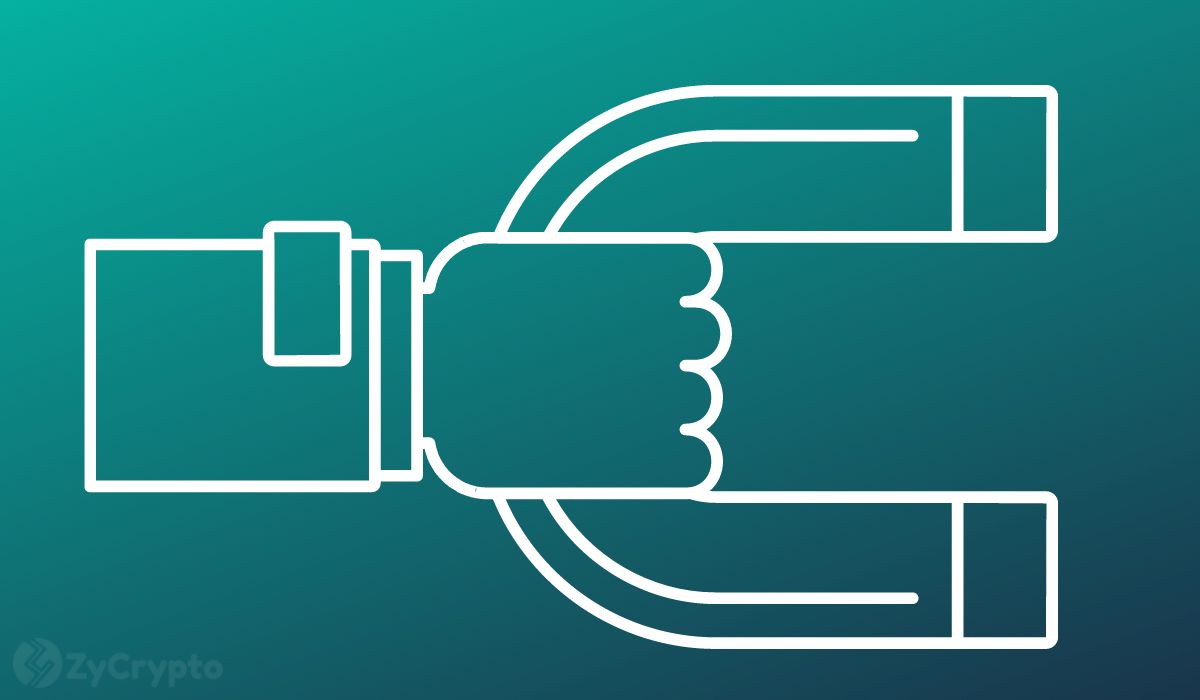Holders of Cardano’s ADA, Polygon’s MATIC, and Solana’s SOL had a reason to smile on Monday as prices made a partial comeback— parring some losses incurred last week after the U.S. Securities and Exchange Commission (SEC) alleged they were crypto securities in high-profile lawsuits against Binance and Coinbase.
SOL, ADA, MATIC Stage Partial Comeback
Although the SEC went after the world’s two biggest exchanges earlier last week, it also chose to namecheck a couple of cryptocurrencies that it describes as unregistered securities, triggering a fall across most altcoins.
Three of them — Cardano (ADA), Solana (SOL), and Polygon (MATIC) toppled by around 29% each during the past seven-day span following the regulatory bombshells, according to CoinGecko data.
Yet, at press time, ADA rose 6.73%, SOL surged 1.1%, and MATIC was up 5.55% on the day as the wider crypto market remained mostly unchanged. The jury is still out on whether bulls will sustain the recovery in these tokens or whether higher prices will bring out the bears in big numbers.
Securities Characterization Rebuffed
ADA was the first to have its regulatory status defended by its development company. ZyCrypto reported on June 8 that Input-Output Global disputed the SEC’s classification of its ADA token as an unregistered security, adding that the regulator’s allegations will not affect the firm’s operations “in any way”.
“The facts might be inconvenient to the SEC but are facts,” Cardano founder Charles Hoskinson further posited today, pointing out that the initial financing and marketing for ADA was done in Japan and that no ADA tokens were sold in the U.S. Additionally, he said ADA debuted in 2017 as an airdrop two years after the vouchers sale, which was priced in Japanese Yen and Bitcoin.
On Saturday, the Switzerland-based Solana Foundation tweeted its disagreement with the SEC’s framing of SOL as a security. Similar to IOG, the Solana Foundation emphasized its commitment to collaborating with regulators in the statement, noting “regulatory clarity” is an issue that affects everyone in the crypto sector that’s “building” in the United States.
Hours after the non-profit dedicated to stewarding SOL rebuffed the SEC’s securities claim, Polygon Labs took to Twitter to address for the first time the SEC’s classification of its native token MATIC as a security without directly addressing the regulator. The company attempted to distance MATIC from U.S. markets by saying the token was developed and deployed outside the US. Polygon Labs then said MATIC was “available to a wide group of persons” while drawing attention to the “global community that supports the network” to this day. Commenting on MATIC’s utility, Polygon Labs said the coin was helpful in securing the Polygon network from Day 1.
Since the SEC’s enforcement actions against Binance and Coinbase, some major retail trading avenues, such as Robinhood, have cut support for ADA, SOL, and MATIC in response to the regulatory filings.
Other companies could soon follow suit, but in the meantime, each respective development foundation tied to the trio of coins is pushing to clear its token’s name.


